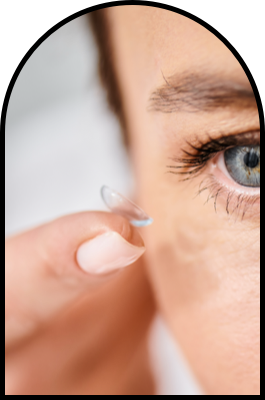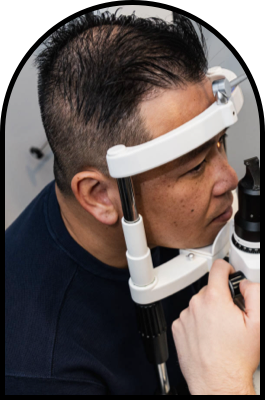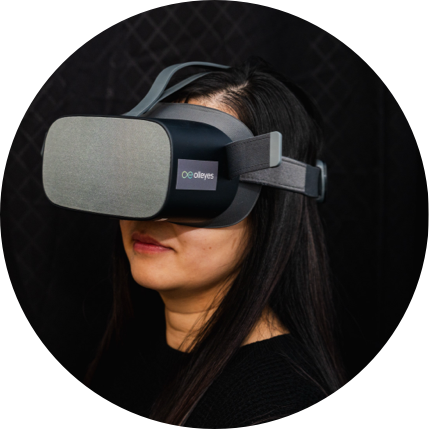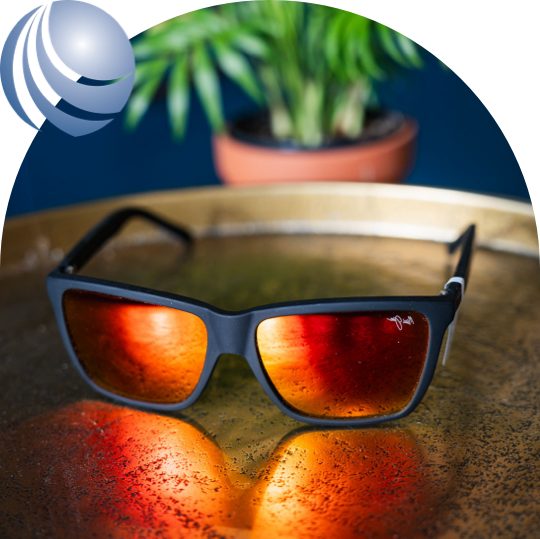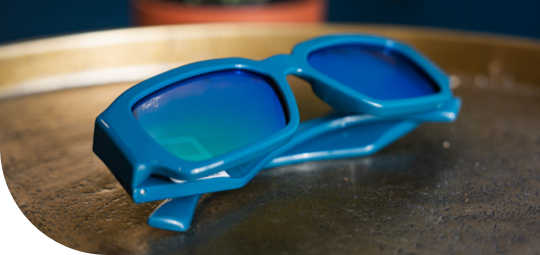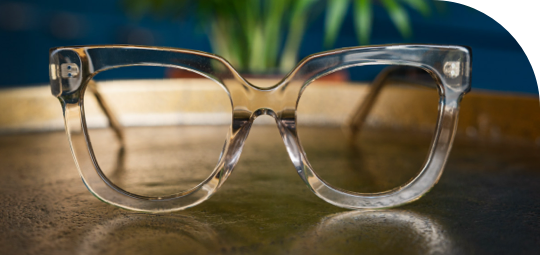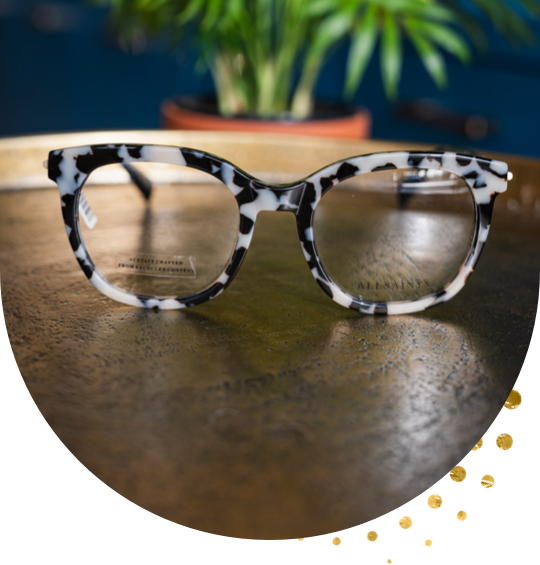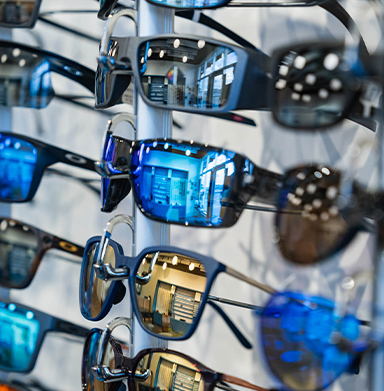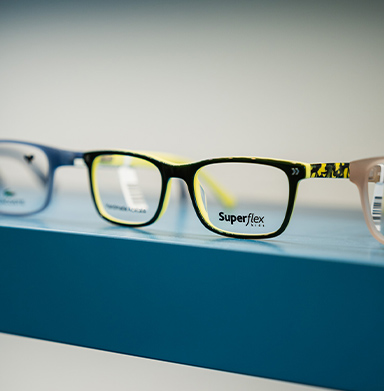An alternative to eyeglasses, contact lenses are almost invisible, provide unobstructed vision, and can be worn once and thrown away (disposables). However, a common complaint from contact lens wear is dry eyes.
Contact lenses can cause dry eyes—about half of all contact lens wearers develop contact lens-related dry eyes.
For visual clarity and comfort, we recommend regular contact lens exams and fittings.
What Is Dry Eye?
Our tears are necessary to keep the eye’s surface moist and lubricated. In dry eyes, the eyes lack enough tears or produce poor-quality tears.
Potential causes of dry eyes are numerous and can include:
- Age
- Medication
- Certain health conditions
- Allergies and environmental factors
- Hormonal changes
- Lifestyle factors
You can experience dry, red, and painful eyes without sufficient or quality tears. Other symptoms of dry eye can include:
- Burning or stinging sensation in the eyes
- Gritty or sandy feeling in the eyes
- Blurred vision
- Excessive tearing
- Sensitivity to light
- Eye fatigue
How Do Contact Lenses Dry Your Eyes?
Contact lenses are vision correction aids that sit directly on the cornea (transparent front part of the eye). With their location directly on top of the eye, contact lenses can affect tear flow.
When you put contact lenses in the eye, the tear film separates into 2 layers: the layer over the contact lens and the layer between the contact lens and the cornea. The fluid exchange between these layers is called tear exchange.
Separating the tear film into pre- and post-lens tear film affects lipid layer spread, tear film stability, and tear evaporation. These contribute to contact lens discomfort (CLD) and dry eyes.
High-water content contact lenses absorb moisture or tears from the eyes. Lack of lubrication can increase friction between the contact lens and the eye’s surface, leading to discomfort, irritation, and dryness.
Contact Lenses for Dry Eyes
Contact lenses come in several types, but some may be more suitable for people with dry eyes than others. If you experience dry eyes, your eye doctor can recommend changing your contact lenses to a different material, size, and water content.
Hydrogel Lenses
Soft contact lenses made of plastic mixed with water are called hydrogel lenses. They are flexible and allow oxygen to pass through to the cornea, which helps to reduce dryness and discomfort.
Daily disposable soft contact lenses are worn for a day and then thrown away. These prevent protein buildup that can make your eyes feel drier and are convenient as you don’t have to clean or disinfect them.
Silicone Hydrogel Lenses
Silicone hydrogel contacts can work better than hydrogel lenses to reduce dry eyes. They allow more oxygen to pass to the cornea and help prevent water from evaporating.
Rigid Gas Permeable Lenses
These lenses are not flexible like soft contacts, but the harder material allows for oxygen to pass through to the cornea. They may be a good option because they do not absorb as much of the eye’s natural moisture as soft lenses.
Scleral Lenses
Scleral lenses are wider than regular lenses. They cover the sclera (part of the white area of the eye), allow oxygen to reach the eye’s surface, and can improve dry eye symptoms in some people.
Water Content
Higher water content doesn’t always mean more comfort. Contact lenses with more water can dry out the eyes faster by drawing moisture from your tear film. The best way to find out which contact lenses work best is to try lenses with different water contents.
Reducing Your Risk of Dry Eyes with Contact Lenses
If you experience dry eyes with contact lenses, you don’t have to give up wearing them. There are steps you can take to help reduce the risk of dryness and discomfort:
- Use over-the-counter lubricating drops to keep your eyes moist and comfortable while wearing contact lenses.
- Purchase high-quality lenses.
- Clean and care for your lenses and only wear them for the recommended time.
- Dispose of lenses depending on wear frequency, such as daily, weekly, or extended wear.
- You can wear extended contact lenses overnight, but they can cause dryness.
- Visit your eye doctor for regular contact lens exams.
Contact Lenses for Dry Eyes
Contact lenses can sometimes cause dry eyes. Book an appointment with Chestermere Optometry today if you’re experiencing dry eyes while wearing contact lenses.
We can help you determine the cause and find the right lens type to alleviate dryness for optimal comfort and vision.




